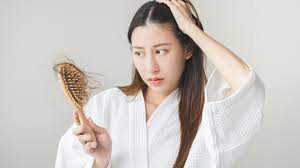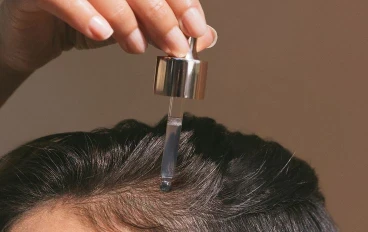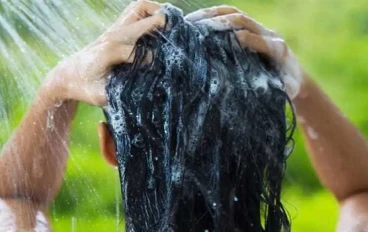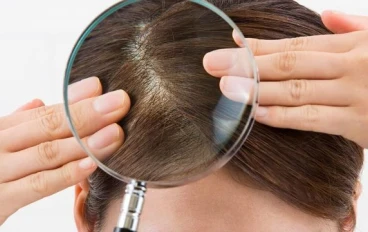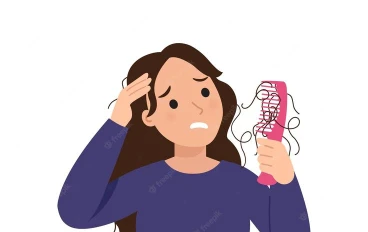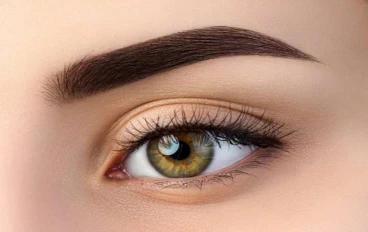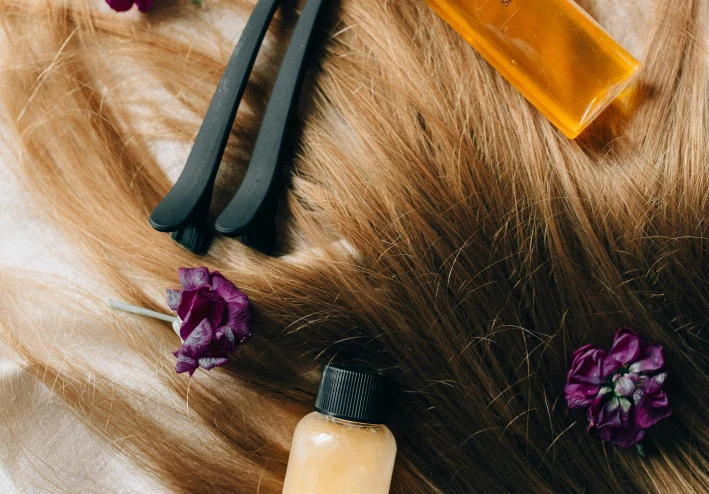
Hair Loss Prevention and Treatment: A Complete Guide
Hair loss affects millions of people worldwide, causing not just physical changes but emotional distress too. I've seen countless patients walk into my clinic feeling self-conscious about their thinning hair. The good news? There are proven ways to prevent and treat hair loss effectively.
Understanding Hair Loss Causes
Before diving into solutions, let's talk about what actually causes hair to fall out. Genetics plays the biggest role - if your parents experienced hair loss, you're more likely to as well. But it's not just about your DNA.
Stress is another major culprit. When I counsel patients, I often discover they've been through significant life changes recently. Work pressure, relationship issues, or health problems can trigger hair loss months later. Your body basically goes into survival mode and decides hair isn't essential.
Hormonal changes also wreak havoc on hair growth. Women going through menopause, pregnancy, or dealing with thyroid issues often notice changes in their hair thickness. Men with elevated DHT (dihydrotestosterone) levels experience the classic male pattern baldness.
Poor nutrition is something I see frequently too. Your hair follicles need proper fuel to function. Iron deficiency, low protein intake, and crash dieting can all lead to hair loss.
Prevention Strategies That Work
Prevention is always better than treatment. Here's what I recommend to my patients who want to keep their hair healthy:
Gentle Hair Care Routine
Stop being rough with your hair. I tell patients to treat their hair like delicate silk fabric. Use lukewarm water when washing, not hot. Pat your hair dry instead of rubbing vigorously with a towel. Choose wide-tooth combs over fine brushes, especially when hair is wet.
Chemical treatments like frequent coloring, perming, or straightening can damage hair shafts. If you must use these treatments, space them out and always use a good deep conditioning treatment afterward.
Nutrition for Healthy Hair
Your hair needs specific nutrients to grow strong. I always ask my patients about their diet because deficiencies show up in hair quality first.
Iron is crucial - include lean meats, spinach, and beans in your meals. Protein forms the building blocks of hair, so don't skip eggs, fish, and nuts. Vitamins C and D support hair follicle health. Omega-3 fatty acids from fish or flaxseeds keep your scalp healthy.
Biotin supplements have become popular, but honestly, most people get enough biotin from food. Only consider supplements if you have a diagnosed deficiency.
Stress Management
This might sound simple, but managing stress is one of the most effective hair loss prevention strategies. I've seen patients regrow hair just by addressing their stress levels.
Find what works for you - meditation, exercise, hobbies, or talking to a counselor. Even 10 minutes of deep breathing daily can help lower stress hormones that contribute to hair loss.
Effective Treatment Options
When prevention isn't enough, several treatment options can help restore hair growth:
Topical Treatments
Minoxidil (Rogaine) is the most well-researched topical treatment. It works by increasing blood flow to hair follicles. You'll need to apply it consistently - twice daily for at least four months before seeing results. Some people experience initial shedding, which actually indicates the treatment is working.
Essential oils like rosemary and peppermint oil show promise in studies. Mix a few drops with a carrier oil like jojoba and massage into your scalp. It's gentler than chemical treatments and smells great too.
Oral Medications
For men, finasteride (Propecia) can be very effective. It blocks the hormone DHT that shrinks hair follicles. However, some men experience side effects, so discuss this thoroughly with your doctor.
Women have fewer oral medication options, but spironolactone can help those with hormonal hair loss. It's actually a blood pressure medication that happens to block androgen receptors.
Professional Treatments
Platelet-rich plasma (PRP) therapy involves injecting your own concentrated platelets into your scalp. The growth factors in platelets can stimulate hair follicles. It requires multiple sessions and isn't cheap, but many patients see good results.
Hair transplant surgery has come a long way. Modern techniques like FUE (Follicular Unit Extraction) leave minimal scarring. However, you need sufficient donor hair, and it's a significant investment both financially and time-wise.
Low-level laser therapy caps are gaining popularity. You wear them for 20-30 minutes several times per week. The laser light supposedly stimulates hair follicles. Results are mixed, but some patients report improvements.
Natural Remedies Worth Trying
I'm often asked about natural treatments. While they won't replace proven medical treatments, some can be helpful additions:
Scalp massage increases blood circulation. Use your fingertips (not nails) to gently massage your scalp for 5-10 minutes daily. Some studies suggest this alone can improve hair thickness over time.
Green tea contains antioxidants that may benefit hair growth. You can drink it or apply cooled green tea directly to your scalp as a rinse.
Onion juice might sound odd, but research shows it can stimulate hair regrowth. Blend an onion, strain the juice, and apply to your scalp for 15 minutes before shampooing. Yes, it smells, but some patients swear by it.
When to See a Professional
Don't wait until you've lost significant hair before seeking help. Early intervention gives you the best chance of success. See a dermatologist or trichologist if you notice:
Sudden hair loss or bald patches
Hair loss accompanied by itching, burning, or pain
Unusual patterns of hair loss
Hair loss in childhood or teenage years
No improvement after trying over-the-counter treatments for six months
Blood tests can identify underlying issues like thyroid problems, iron deficiency, or hormonal imbalances that might be causing hair loss.
Setting Realistic Expectations
Here's something I always tell my patients: hair growth takes time. Your hair grows about half an inch per month, so even successful treatments won't show dramatic results overnight. Be patient and consistent with whatever approach you choose.
Also, not everyone will achieve the same results. Your age, the extent of hair loss, and underlying causes all affect treatment success. The goal isn't always a full head of hair - sometimes slowing hair loss or achieving modest regrowth is a significant victory.
Final Thoughts
Hair loss can feel overwhelming, but you have options. Start with prevention strategies like gentle hair care and stress management. If you're already experiencing hair loss, don't lose hope. Modern treatments can be quite effective, especially when started early.
Remember, your worth isn't determined by your hair. While it's natural to want to address hair loss, don't let it consume your life. Many successful, attractive people have embraced their hair loss and thrived.
The key is taking action rather than just worrying. Whether that's trying minoxidil, improving your diet, or consulting a specialist, doing something positive will help you feel more in control of the situation.



























